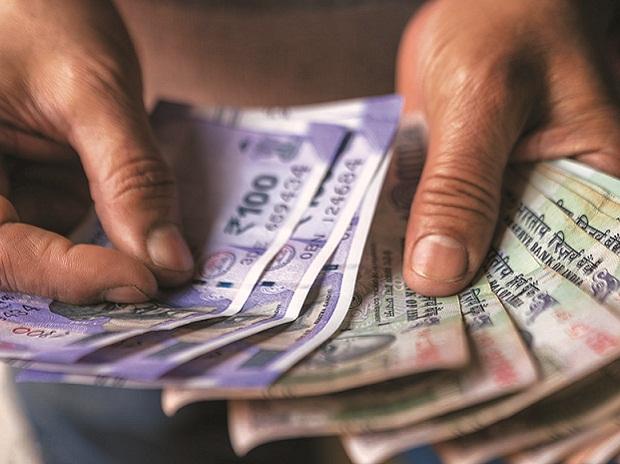Check out the name of the Banks which have increased the cash handling charges starting 1st August – Bank of Maharashtra, Axis Bank, Kotak Mahindra Bank and RBL Bank have imposed charges for cash withdrawal or increased minimum balance requirements effective August 1.
Cash Handling Charges – Bank of Maharashtra
- A SB (savings bank) account holder at Bank of Maharashtra, will now have to maintain a minimum of monthly average balance of Rs 2,000 with branches in metro and urban areas, compared to Rs 1,500 earlier
- Fail to maintain the minimum balance, there is a penalty of maximum of Rs 75 in metro and urban branches, Rs 50 in semi-urban branches and Rs Rs 20 in rural branches per month.
- For current account holders, a monthly average balance of Rs 5,000 to be maintained, compared to the previous rule of quarterly maintenance.
- A cash handling fee of Rs 100 on deposits and withdrawals, after three free transactions (each) in a month in both home & non-home branches put together has also been introduced.
- While deposit for locker has been reduced, the penalty for locker rent arrears has been increased.
Also Read – Minimum Balance Charges Add Rs 5000 Crore to Bank’s Kitty
Axis Bank
- Axis Bank account holders will have to Rs 25 per ECS transaction, which was zero earlier.
- It has introduced charges for locker access beyond a threshold limit.
- It has introduced a cash handling fee of Rs 100 per bundle (1,000 notes) on lower denominations notes of Rs 10/Rs 20/Rs 50 only.
Kotak Mahindra Bank
- For savings and corporate salary account holders at Kotak Mahindra Bank, debit card-ATM charges stand at Rs 20 per cash withdrawal and Rs 8.5 per non-financial transaction, after five free transactions per month.
- A Rs 25 fee will be levied on every failed transaction at merchant outlets or websites or ATMs, due to insufficient balance.
- Account holders in Kotak Mahindra Bank will have to pay a penalty if they do not maintain an average minimum balance, depending on the account category.
- A cash withdrawal fee of Rs 100 per transaction for every fourth transaction has been introduced.
